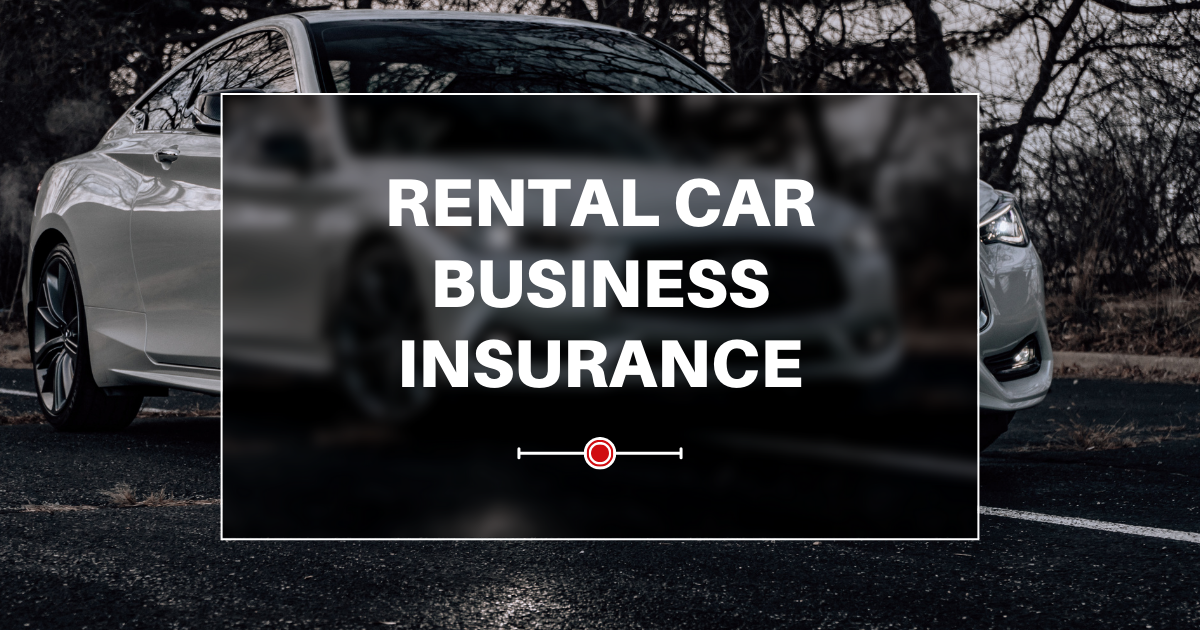How to Start a Private Rental Car Business
Introduction
Starting a private rental car business can be a lucrative venture, offering significant returns with the right planning and execution. The car rental industry has seen steady growth, fueled by both tourism and the increasing preference for rental solutions over ownership. This guide will walk you through every aspect of starting your own private rental car business, from initial planning to daily operations.
Market Research and Business Plan
Importance of Market Research
- Understand the demand for rental cars in your target area.
- Analyze your competitors and their offerings.
- Identify gaps in the market that your business can fill.
Defining Your Niche
- Decide whether to cater to tourists, business travelers, or locals.
- Consider specializing in luxury cars, eco-friendly vehicles, or budget options.
Creating a Business Plan
- Outline your business goals and strategies.
- Detail your target market, marketing plan, and financial projections.
- Include a SWOT analysis to understand your strengths, weaknesses, opportunities, and threats.
Legal and Financial Considerations
Business Registration and Licensing
- Choose a suitable business structure (e.g., LLC, corporation).
- Register your business name and obtain necessary licenses and permits.
Insurance Requirements
- Secure comprehensive insurance for your fleet.
- Consider liability coverage to protect against accidents and damages.
Funding Your Business
- Explore different funding options like loans, investors, or personal savings.
- Prepare a detailed budget for startup costs and ongoing expenses.
Fleet Acquisition and Management
Choosing the Right Vehicles
- Determine the type and number of vehicles based on your niche.
- Consider factors like fuel efficiency, maintenance costs, and customer preferences.
Purchasing vs. Leasing
- Weigh the pros and cons of buying versus leasing vehicles.
- Consider lease agreements that offer flexibility and lower initial costs.
Vehicle Maintenance
- Implement a regular maintenance schedule to ensure vehicle safety and reliability.
- Partner with reliable service providers for repairs and maintenance.
Setting Up Operations
Office Setup
- Choose a strategic location for your office and parking lot.
- Ensure the office is equipped with necessary technology and amenities.
Hiring Staff
- Hire qualified staff for customer service, vehicle maintenance, and administrative roles.
- Provide training to ensure high-quality service and operational efficiency.
Implementing Software Solutions
- Use rental management software to streamline bookings, payments, and fleet management.
- Consider GPS tracking systems for real-time vehicle monitoring.
Marketing and Branding

Developing a Brand Identity
- Create a memorable logo and brand name.
- Develop a brand voice that resonates with your target audience.
Online Marketing Strategies
- Build a professional website with online booking capabilities.
- Utilize social media platforms to engage with potential customers and promote special offers.
Offline Marketing Strategies
- Distribute flyers and brochures in high-traffic areas.
- Partner with local businesses and tourism boards for cross-promotions.
Customer Service and Experience
Enhancing Customer Experience
- Offer convenient booking options and flexible rental terms.
- Provide exceptional customer service through trained staff.
Customer Feedback and Improvement
- Collect customer feedback through surveys and reviews.
- Use feedback to continuously improve your services and address any issues.
Financial Management and Scaling
Managing Finances
- Keep detailed records of all financial transactions.
- Monitor cash flow and manage expenses effectively.
Scaling Your Business
- Explore opportunities to expand your fleet and service areas.
- Consider franchising or partnerships to grow your business.
Conclusion
Starting a private rental car business requires thorough planning and dedication. By following this comprehensive guide, you can set a strong foundation for a successful venture in the car rental industry.
